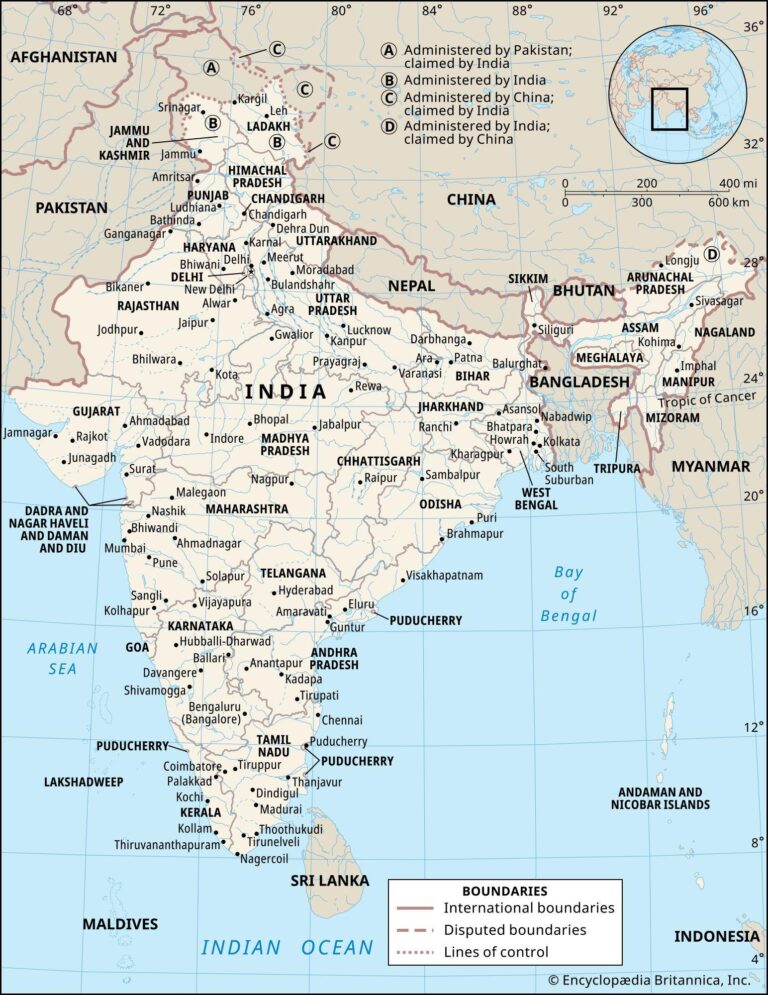India Prepares Firm Response Following US Dismissal of WTO Complaint
In a notable intensification of trade disputes, India is set to take decisive action after the United States declined to accept its recent complaint submitted to the World Trade Organization (WTO). Indian authorities are reportedly considering a variety of strategic responses designed to protect national trade interests and reinforce their stance within the global trading system. Potential measures under review include imposing targeted tariffs on American products, increasing regulatory inspections on imports from the US, and engaging diplomatically with other WTO members to build support.
Trade analysts highlight that India’s approach will likely blend economic assertiveness with diplomatic prudence, aiming to avoid an outright escalation while firmly defending its position. The main strategies being evaluated encompass:
- Reassessing existing trade agreements with the United States for better leverage
- Forging stronger coalitions within multilateral forums like the WTO
- Pursuing formal dispute resolution mechanisms in response to Washington’s rejection
| Potential Indian Measures | Anticipated Effects |
|---|---|
| Selective tariffs on US imports | Shelter domestic sectors; demonstrate resolve in negotiations |
| Lodging formal complaints at WTO panels | Create official dispute records; rally international backing |
| >Diplomatic outreach for alliance-building< | >Expand support base; increase pressure on US policy< |
<
Impact on Indo-US Trade Relations and Broader Economic Trends
The already intricate Indo-US commercial relationship faces new strains following America’s refusal of India’s WTO filing.This move signals resistance toward India’s tariff policies and may trigger retaliatory steps by New Delhi that intertwine economic tactics with diplomatic maneuvering. Experts caution this could destabilize a decade-long partnership marked by significant bilateral investments and supply chain integration across sectors such as technology services, pharmaceuticals manufacturing, and agricultural exports.
The repercussions extend beyond bilateral ties affecting global commerce through several channels:
- Erosion of multilateral trade governance:A surge in unilateral tariff impositions risks undermining WTO’s authority as an impartial arbitrator.
- Dynamics among emerging economies:If India adopts more aggressive trade postures, it may embolden other developing nations like Brazil or South Africa to recalibrate their own policies accordingly.
- Global supply chain realignments:Curtailments or shifts in cross-border flows could compel multinational corporations-such as those in electronics manufacturing-to reconsider production hubs for cost efficiency amid rising geopolitical risks.
| Sector Affected | Likely Consequence | Immediate Risk Level | |||||||||
|---|---|---|---|---|---|---|---|---|---|---|---|
| Information Technology Services < td style = " padding :10 px ; border :1 px solid #ddd ; ">Possible delays in data exchange protocols across borders | Moderate | ||||||||||
| Heightened import duties impacting drug costs | High | ||||||||||
| Disruptions in export incentives affecting farmers’ revenues | High
Policy Experts Advocate Adaptive Strategies To Shield National Interests Amid Rising Trade Frictions
|
| Policy Domain | Current Condition | Suggested Enhancement |
|---|---|---|
| Trade Litigation | Reactive approach lacking sufficient resources | Proactive expansion including recruitment of expert legal professionals |
Diplomatic Relations | Predominantly transactional engagements | Develop structured long-term diplomatic frameworks |
| Export Portfolio
< td data - colname = Current Condition aria - label = Concentrated exports focused narrowly " Concentrated exports focused narrowly " < td data - colname = Suggested Enhancementaria - label = Expansion into diverse emerging industries " Expansion into diverse emerging industries " < /tbody > |
The Road Ahead Amid Indo-US Trade Disputes – Summary & Outlook
Tensions between India and the United States over ongoing trade disagreements have escalated following Washington’s refusal to accept New Delhi’s complaint lodged at the World Trade Organization. With India signaling readiness for possible retaliatory actions-including tariffs or enhanced scrutiny-the situation remains dynamic and closely observed by international stakeholders.< / p >
This evolving scenario holds significant implications not only for bilateral commerce but also for broader global trading patterns over coming months. Market participants will be watching how both governments manage this impasse-balancing assertiveness with diplomacy-to prevent further disruptions that could ripple across multiple industries worldwide.< / p >
< / article>




